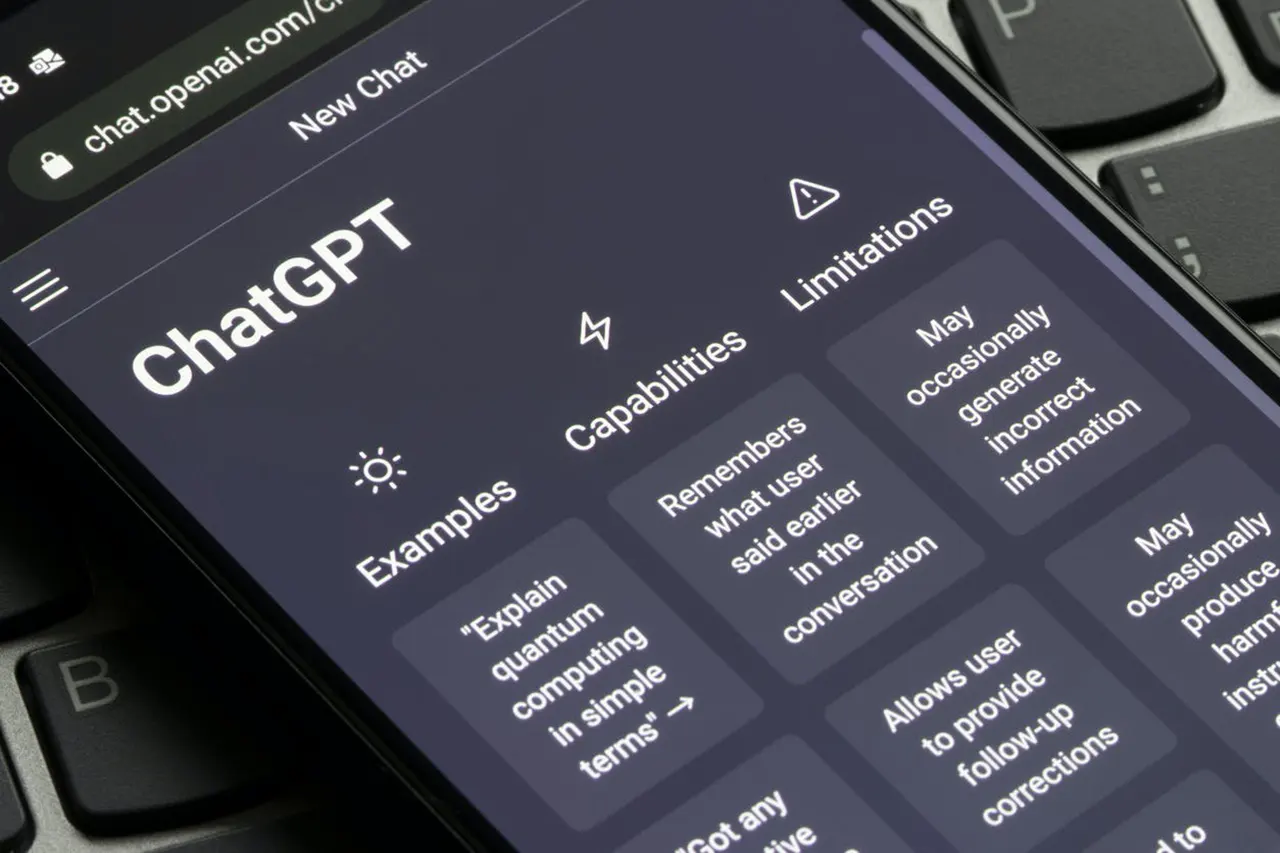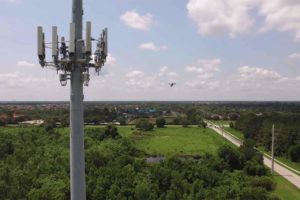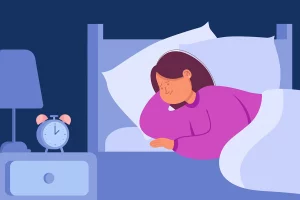ChatGPT obtained a score close to that required to obtain a medical license in the United States.
Many people have been talking about a lot in recent months as it fascinates and worries at the same time. ChatGPT, a conversational tool established from artificial intelligence, almost graduated from medicine in the United States.
Researchers from the start-up AnsibleHealth “played” with submitting an American medical exam to ChatGPT, this conversational agent that seems to have an answer to everything or almost everything. They detailed their experience in a study published in the PLOS Digital Health Journal.
The USMLE exam in question is divided into three parts: the first is taken after two years of medical study, the 2nd after 4 years, and the 3rd at the end of the course to become a doctor. The USMLE thus evaluates knowledge covering most medical disciplines, from biochemistry to diagnostic reasoning, including bioethics.
ChatGPT had to answer 350 of the 376 or so questions published on the USMLE website and from the June 2022 exam. The questions on images were removed so that the remaining questions could be multiple choice (MCQ) with or without justification, or open questions.
Verdict: ChatGPT scored between 52.4% and 75% for the three USMLE exams. Knowing that the pass rate each year is about 60%. ChatGPT also showed a concordance of 94.6% in all its answers and produced at least one significant overview, that is, something new, non-obvious, and clinically validated, for 88.9% of its answers. ChatGPT even exceeded the performance of PubMedGPT, a certified model trained exclusively on biomedical literature, which scored 50.8% on an older dataset of questions in the USMLE style.
A Software As A Partner For Doctors
Achieving a passing score on this notoriously difficult expert exam, and doing so without any human support, marks a notable milestone in the clinical maturity of AI,” said the authors of the study. Dr. Tiffany Kung, the co-author of the study, added that ChatGPT’s role in this research went beyond the subject of the study: “ChatGPT significantly contributed to the writing of [our] manuscript… We interacted with ChatGPT much like a colleague, asking it to synthesize, simplify, and offer counterpoints to ongoing drafts… All co-authors appreciated ChatGPT’s contribution.
Read More:
⇛ Google Strikes Back: Bard To Be Integrated Into Search Engine
⇛ 9 Signs You’re A Cell Phone Addict & What To Do About It
⇛ How Governments Use Artificial Intelligence In Decision-Making













